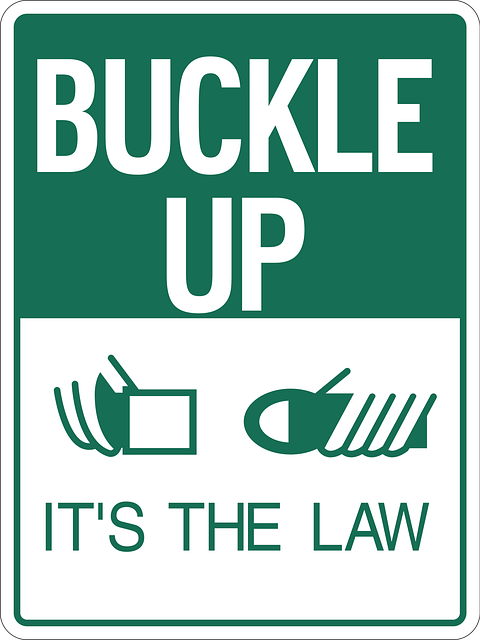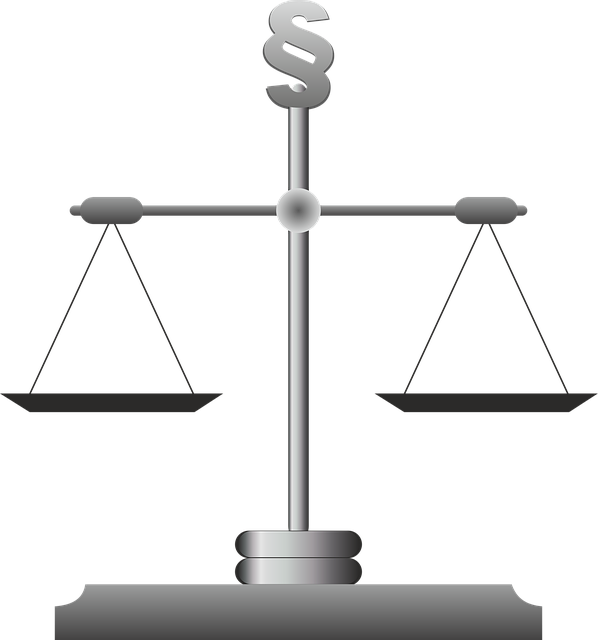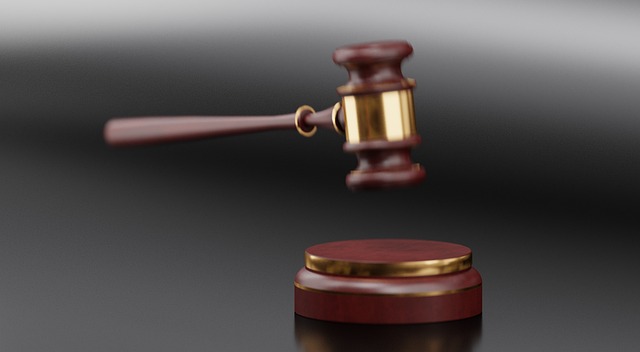Understanding the Timeline for Post-Conviction Relief Process is vital for anyone involved in criminal justice, as it allows for reviewing and potentially correcting trial decisions. This process varies by jurisdiction and case complexity, beginning with a petition outlining errors. Courts review evidence and testimonies, granting relief if valid, which can lead to charge dismissal or sentence modification. In high-stakes cases, navigating this timeline precisely—from filing motions to status hearings and evidentiary hearings—is crucial for favorable outcomes, especially with the help of Litigation Support Services that offer advanced tools and expertise in complex cases, enhancing case preparation and strategic decision-making.
“Uncover the intricacies of the post-conviction relief process with our comprehensive guide. This article demystifies a crucial yet complex phase in legal battles, focusing on ‘Understanding Post-Conviction Relief’ and ‘Navigating the Timeline’. We explore key milestones and deadlines, offering valuable insights for a successful outcome. Additionally, discover how ‘Litigation Support Services’ play an instrumental role in enhancing representation and maximizing chances of success during this vital process, particularly concerning the ‘Timeline for Post-Conviction Relief Process’.”
- Understanding Post-Conviction Relief: A Comprehensive Overview
- Navigating the Timeline: Key Milestones and Deadlines
- The Role of Litigation Support Services in Ensuring Success
Understanding Post-Conviction Relief: A Comprehensive Overview

Understanding Post-Conviction Relief is a crucial step for anyone involved in or affected by the criminal justice system. This process offers a chance to review and potentially rectify decisions made during trial, appealing to higher courts if necessary. The Timeline for Post-Conviction Relief Process varies greatly depending on factors like jurisdiction, case complexity, and the specific legal issues at hand. Generally, it begins with a petition filed by the defendant or their representative, outlining why they believe there was error in their conviction or sentence.
Court reviews these petitions, often examining evidence, witness testimonies, and legal precedents. If the court agrees with the petitioner’s arguments, it may grant relief, resulting in a complete dismissal of all charges or modifications to the sentence. This process is vital for ensuring fairness and accuracy within the general criminal defense framework. Over time, those with an unprecedented track record in navigating these complex cases have developed strategies that significantly increase the chances of favorable outcomes.
Navigating the Timeline: Key Milestones and Deadlines

Navigating the Timeline for Post-Conviction Relief Process is a critical aspect of litigation support services in high-stakes cases, particularly within general criminal defense. Understanding key milestones and deadlines is essential to ensure the best possible outcome for clients seeking post-conviction relief. The timeline begins with the initial filing of a motion, followed by a comprehensive review of the case history and relevant legal precedents. This phase involves gathering evidence, preparing memoranda, and strategizing arguments tailored to each client’s unique situation.
Subsequent milestones include status hearings, where judges assess progress and set further deadlines. This process can culminate in significant developments like the completion of evidentiary hearings or the negotiation of plea agreements. The ultimate goal is a complete dismissal of all charges, which requires meticulous planning, thorough preparation, and a deep understanding of both state and federal legal systems.
The Role of Litigation Support Services in Ensuring Success

Litigation Support Services play a pivotal role in ensuring success for legal teams navigating complex cases, particularly in high-stakes scenarios such as white collar and economic crimes. These services offer a comprehensive suite of tools and expertise that streamline various aspects of the legal process, from evidence management to expert witness preparation. By leveraging advanced technologies and industry knowledge, they significantly enhance efficiency, accuracy, and overall case presentation.
One critical area where these services excel is in managing the intricate Timeline for Post-Conviction Relief Process. Skilled professionals can meticulously review trial transcripts, gather relevant evidence, and analyze legal precedents to build robust arguments for appeals or motions. This meticulous approach increases the likelihood of a successful outcome, including the potential for a complete dismissal of all charges. Through their support, legal teams can focus on strategic decision-making while benefiting from enhanced case preparation and a deeper understanding of the legal landscape.
The post-conviction relief process can be complex, with a meticulous timeline that must be navigated carefully. By leveraging specialized litigation support services, individuals and legal teams can ensure they meet critical deadlines and present the strongest case possible. Understanding both the procedural aspects and the available resources is key to navigating this vital phase effectively, ultimately seeking justice and the best outcome for all involved.






